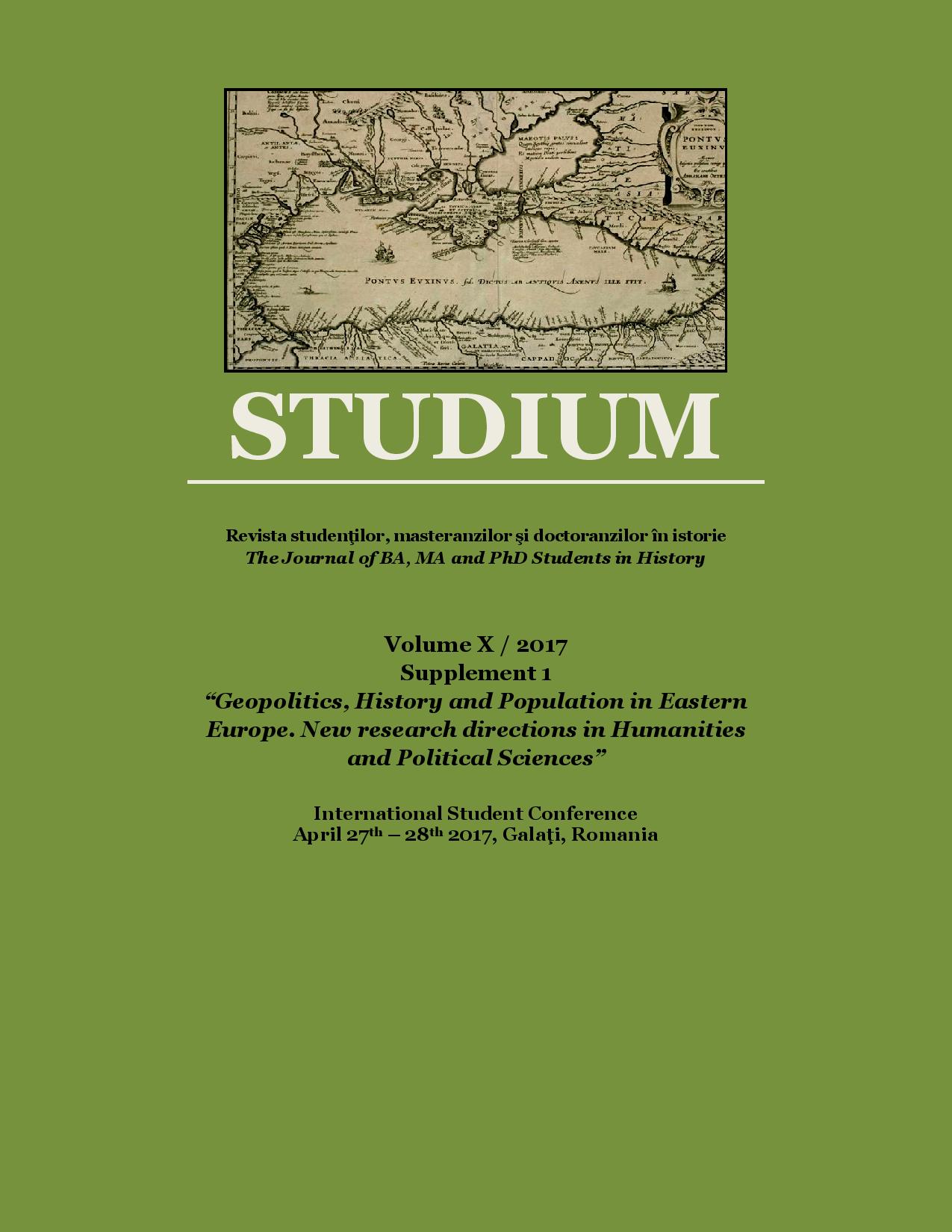Perspective de gen în Europa Centrală după 1989: Statutul femeilor din Bosnia-Herţegovina în perioada comunistă şi post-comunistă
Gender perspectives in Central Europe after 1989:Women’s status in Bosnia and Herzegovina during the Communist and post-Communist period
Author(s): Denisa MaierSubject(s): History, Social history, Gender history, Recent History (1900 till today), Transformation Period (1990 - 2010), Post-Communist Transformation
Published by: Universitatea »Dunarea de Jos« din Galati -Facultatea de Istorie, Teologie și Filosofie
Keywords: gender; women; status; Bosnia-Hertzegovina; transition
Summary/Abstract: The political and historical backgrounds in the countries that had to do with a Communist regime is very different in terms of previous government forms and gender politics. Historically, the Soviet Union created a social order based on equal political and economic rights for women and men in the public sphere. These policies were primarily driven by the economic needs of the state. Even so, the role and social norms were not the main reason for this politics, but the economic needs of the state. After the Communist regime collapse in Central and Eastern Europe a change came, a transition to democracy that also created an opportunity for Eastern European women to establish new groups and to mobilise other individuals with similar policy preferences to pressure the political establishment to take action on different gender issues. The Central European gender experience is vastly different is some key ways from the West. While Western women were trying to give themselves the choice to leave the home and go to work, the women of Central Europe were almost forcibly added to the work force.
Journal: Studium - Revista studenţilor, masteranzilor şi doctoranzilor în istorie
- Issue Year: 10/2017
- Issue No: suppl.
- Page Range: 93-100
- Page Count: 8
- Language: Romanian

